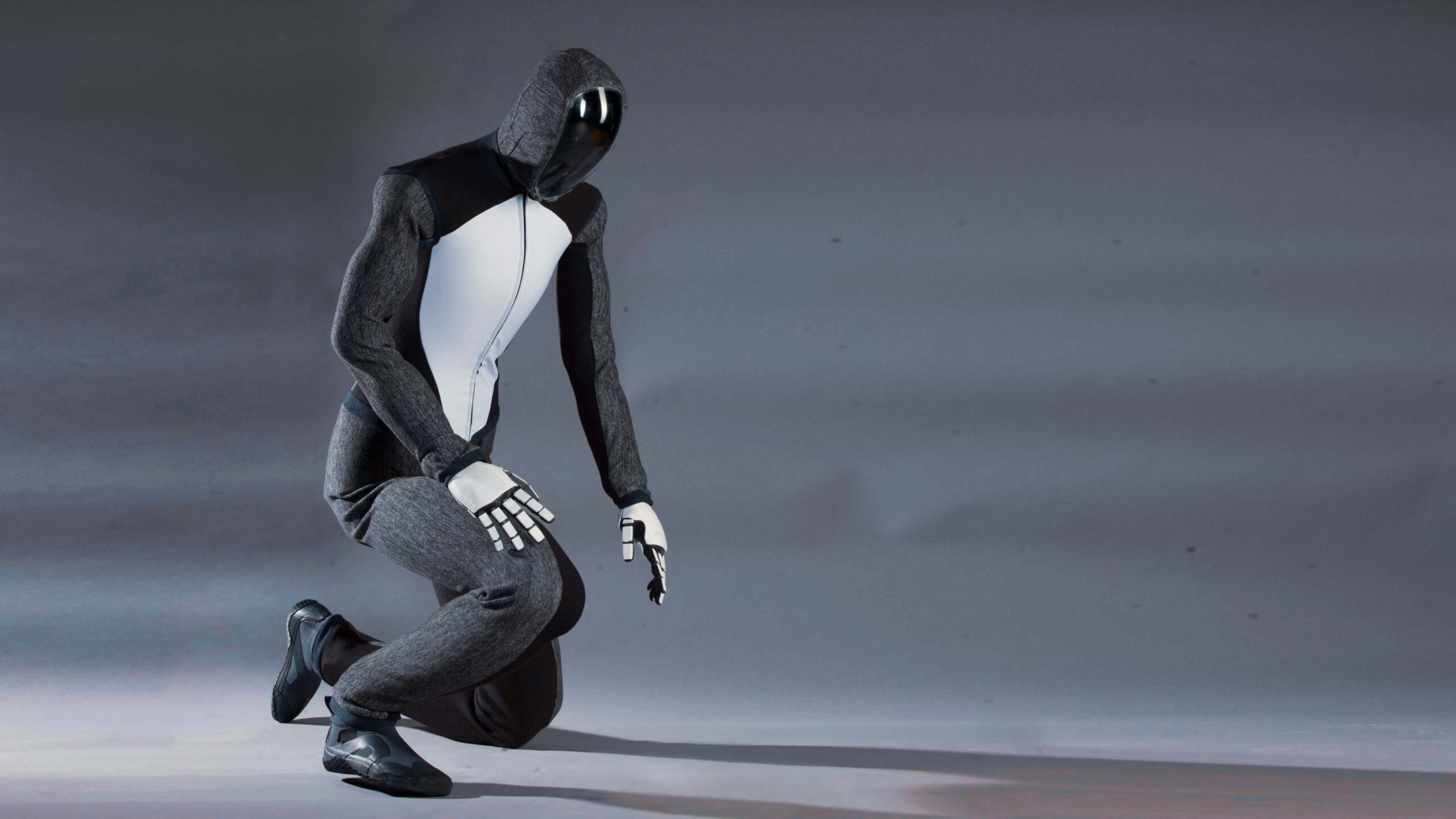OpenAI joins forces with Norway-based commercial android manufacturer to further the development of human–level dexterous robots that aren’t slow with a $23.5 million investment.
1X Technologies is a humanoid robotics company. In its latest A2 funding, OpenAI has reportedly came out on top by investing $23.5 million. The objective of the investment is to further the cause of commercially producing androids.
This marks the foray of Microsoft-backed OpenAI into the physical world. Many are pondering what’s next.
In a world where AI-related startups are growing at a pace of dozens per week, OpenAI joining hands with a humanoid robot (android) company can only be seen as an inevitable event.
Other investors include Tiger Global and a few Norway–based investors. 1X Technologies, formerly Halodi Robotics, is a Norway-based company. The company is at the forefront of advanced and safe robotics development for augmenting labor, says OpenAI COO who additionally oversees the OpenAI Startup Fund – the investment arm of OpenAI.
The next focus of 1X Technology, one that many are excited about, is a bipedal android model called NEO. The first commercially available android, EVE, will also see money flowing in its development after this round of investments. Whereas EVE does not use AI, NEO is being developed by 1X with the goal of seeing “how artificial intelligence can take form in a human-like body.”
Founded in 2014 and rebranded as 1X Technologies earlier this month, the 60-employee strong 1X Technologies produces androids to fit into our world and work alongside humans with similar movements and behaviors.
One of the most exciting things about 1X is that CEO Bernt Øivind Børnich has clearly specified how the focus of the company is to develop androids that work at 1x speed. It’s to be noted that the majority of current androids in the market have to effectively slow down to perform the same tasks that humans do. Making androids work as fast as humans is definitely challenging but also one of the core areas of research for the next generation of commercial androids that can augment labor.

